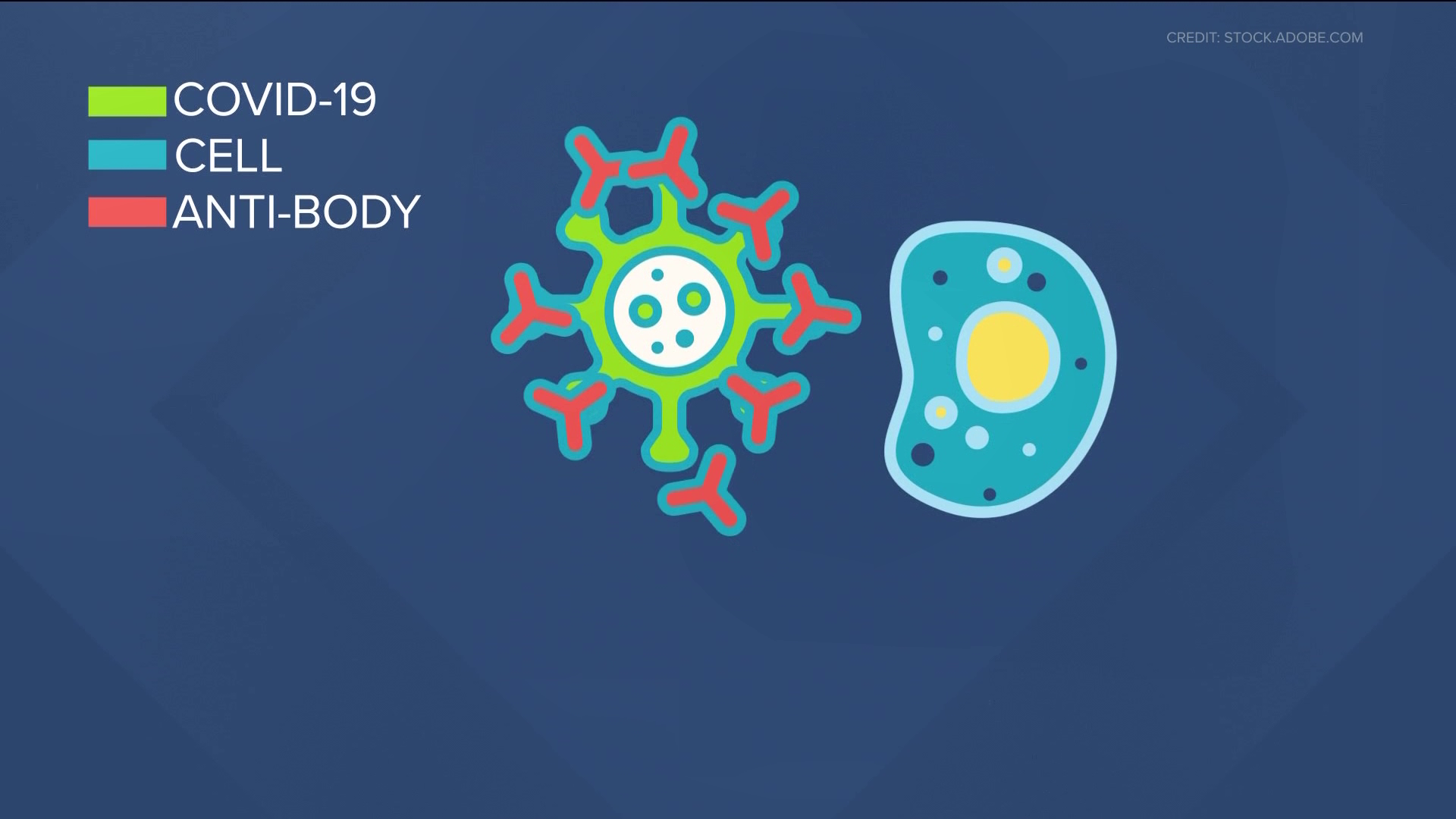ST PAUL, Minn. — Doctors are seeing a surge in the number of people using a type of medication that treats COVID-19. It's called monoclonal antibodies and experts say it's highly effective, but it's not for everybody.
When the Food and Drug Administration (FDA) authorized monoclonal antibodies, Allina Health started using it as early as January.
But the health system's lead physician for the treatment says most people declined it then. That's changing rapidly.
"Now almost 80% opt in to get it and 20% are declining it, so that's one change," says Dr. Venkat Iyer.
The volume of patients has also changed.
"That has skyrocketed from the beginning of the year to now," says Dr. Iyer.
Dr. Iyer says people are more informed about the drug and more concerned about the infectious delta variant.
The treatment is highly effective and the key benefits are it reduces hospitalization and severe COVID cases by 70%, according to Dr. Iyer.
But what exactly are monoclonal antibodies? They're made in a laboratory and when administered intravenously, they attach to the virus and prevent it from infecting our cells.
But it only works for about 90 days.
"Whereas the vaccine is going to help you form your own antibodies," said Dr. Iyer. Vaccines also last longer and train our own cells to recognize the virus.
The Minnesota Department of Health says it has 5,000 doses of monoclonal antibodies on hand and that there are 80 locations across the state offering the treatment, including a new mobile clinic in St. Paul.
Allina is doubling its staff to meet demand, providing about 40 treatments a week.
But the doctor stresses that monoclonal antibodies won't prevent COVID or end the pandemic.
"One clear message I want to give to the audience is that this is not a substitute for vaccination, without any question," said Dr. Iyer. "We’ve got to push vaccination as the main strategy to overcome the pandemic."
There are other qualifications to meet in order to receive this treatment. The full list includes:
- Age of 12 years or older (18 and older at Allina Health)
- Confirmed COVID-19 (RT-PCR nasopharyngeal swab or antigen test)
- Outpatients with mild to moderate disease (i.e. not requiring hospitalization or oxygen)
- Must be able to receive therapy within 10 days of symptom onset

